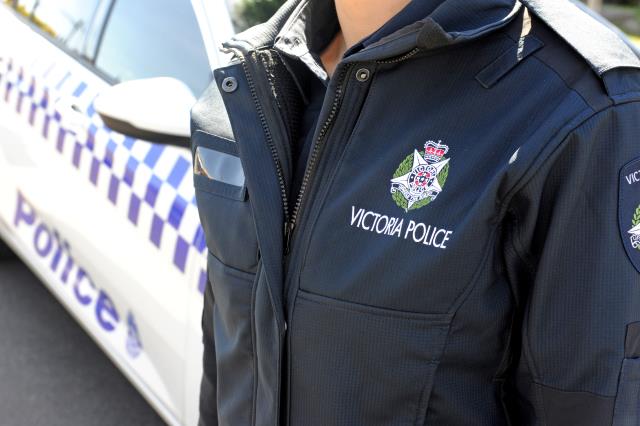By Victoria Stone-Meadows
Casey has an animal abuse problem according to the RSPCA, whose statistics show the area is the second-highest in the state for animal cruelty reports.
In the 2016-17 financial year, 435 reports of animal cruelty were made to the RSPCA in the City of Casey out of the 10,180 across the state.
The only local government area with more reports of animal cruelty in the 2016-’17 financial year was Greater Geelong with 584 reports.
Included in the reports from the Casey area were 199 reports of animals with insufficient food, water or shelter and 136 concerns about hygiene, grooming and housing conditions.
Other reports made to the RSPCA about animals in Casey were about underweight animals, sick or injured animals not receiving vet treatment, animals being beaten or wounded and abandoned animals.
According to the RSPCA both the City of Casey and Greater Geelong had 69 reports of animals being beaten, wounded, tormented or otherwise terrified.
Dogs, cats and horses were found to be the animals most likely to be abused or mistreated in the Casey area.
2016-’17 statistics show 255 of the reports from Casey involved dogs and puppies, 64 involved cats and kittens and 67 involved horses.
The City of Casey had only marginally improved in animal welfare from the 2015-’16 financial year, when the region had the highest number of reports in the state.
CEO of RSPCA Victoria Dr Liz Walker said more owners were reported to the RSPCA for not meeting their animals’ basic needs than any other concern.
“It’s disappointing to see that, for the second year in a row, too many Victorian animals were reported to us because of concerns about very basic issues,” she said.
“Food, water, shelter and vet care when they’re sick or injured; these kinds of problems are so preventable.”
However, Dr Walker said a majority of the cases bought to the RSPCA are quickly resolved after a visit from their inspectors.
“Concerns reported to us are quickly resolved by our Inspectors educating the owner or person in charge of the animals involved, and reminding them of their legal obligations to care for their animals,” she said.
“This year, RSPCA Victoria has started working more closely with local councils to understand local animal welfare issues, and to put in place tailored local initiatives to educate owners and better protect animals.”







